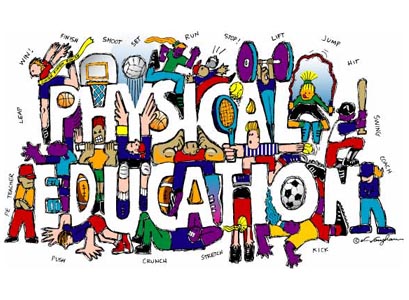Retraining – 8 Questions to Check Out the Program Before You Sign
 Training for a New Career
Training for a New Career
The job losses that the US has sustained over the past two years has been devastating. Even more devastating is the fact that many of these jobs are gone forever. If you are one of the individuals and your job is GONE; what do you do?
One of the obvious options is retraining or obtaining additional education. These are both reasonable and viable options but you must use caution.
There are hundreds, if not thousands, of educational programs available from independent organizations and universities; but their quality, completeness, and value varies tremendously.
Here are eight questions you must have answered before you commit.
What are the typical employer’s requirements for a new hire for this position?
Is there hands-on experience required before you can be hired?
Have you given the program a thorough check?
What are the future job prospects for the position?
What is the recent experience of the program graduates?
What is the experience of those that completed the program in the Past 5?
Does the program offer a recognized certificate, degree, or certification?
What organizations accept the certificate, degree, or certification and how does it impact you?
What Are the Typical Employer’s Requirements for a New Hire for This Position?
Before you sign up for any educational program understand the employer’s requirements for a new hire. Many employers have specific requirements that new hires must possess, but that does not mean that all educational programs meet these requirements.
Some Jobs Require a Specified Amount of Hands-On Experience Before You Can Be Hired
Some careers require, especially in medical technologies, require that prospective employees have a specified number of procedures completed through an internship.
I have a friend that went to school to become a phlebotomist. When she applied for positions she learned that to be employed in this capacity she was required to have 400 blood draws through an internship or other practical experience. Her program did not have this as part of her curriculum; so she could not get a job. She had to find an internship program to provide her with this experience.
Just Like Other Promotions and Promises; You Need To Carefully Check Out Educational Programs
Today we are constantly exposed to advertisements on TV, the Internet, and Radio guaranteeing certain results for all kinds of products – including educational and training institutions. You must be wary of these claims and check them out carefully. In today’s job market a claim that you WILL be hired had better be backed up by a written, money back guarantee.
Many people are desperate for work and willing to listen to and become susceptible to the promises. Be careful and check out the program completely.
What Are the Future Job Prospects For the Training You Want?
Many educational and training programs make very appealing promises; if the promises are too good to be true – they probably are. You must watch out for the scams. Obviously one of the things you must be looking for are not only college accreditations but also program accreditations. Just because the college is accredited does not mean that all of their programs are accredited.
Accreditation can be important for employer acceptance of the program, but also if you decide to pursue a graduate or doctoral program. If the school where you earn your degree or certification is not accredited; your course work will not be accepted by other schools at the same level or for advanced programs.
What Is The Recent Experience of the Program Graduates?
Check out the success of recent graduates in securing employment.
Are the former students finding jobs?
Is the school helping or did the school help with the search?
Are the former students getting the jobs they were led to expect?
What problems, if any, have they encountered, is the program helping them as must as they were led to expect?
If they had it do over again, would they? Why or why not?
What Is The Experience of Those That Completed the Program in the Past 5 Years?
Check out the success of those that completed the program in the past 5 years.
Are they happy in their jobs?
Are they still in the same career field?
Are they still happy with their choice for their education?
What problems, if any, did they encounter?
If they had it do over again, would they? Why or why not?
Does the Program offer a Recognized Certificate, Degree, or Certification?
What is the certificate, degree, or certification offered by the program? Talk to potential employers and ask them if the certificate or even more fundamentally the training of value to them in their hiring process?
What Organizations Accept the Certificate, Degree, or Certification and How Does It Impact You?
What organizations and groups accept or recognize the certificate, degree, or certification? Does this certificate or degree as valuable as other alternatives? What difference does it make (pay, prestige, promotion, assignments, etc.)?
Does the Program Guarantee Employment?
What guarantees does the program offer? Are the guarantees written? How many times have they had to pay students because the program did not perform as stated?
Does the Organization Have a Placement Office?
Does the organization have a placement office? Who is the contact? Follow up and check it out. How many current job requisitions do they have from companies that hire those with the skills they teach?
Additional education or retraining programs today are important to the job seeker, but do not get taken in by good marketing. Assess the program, compare it to other programs, check it out thoroughly so you can make an informed decision.
